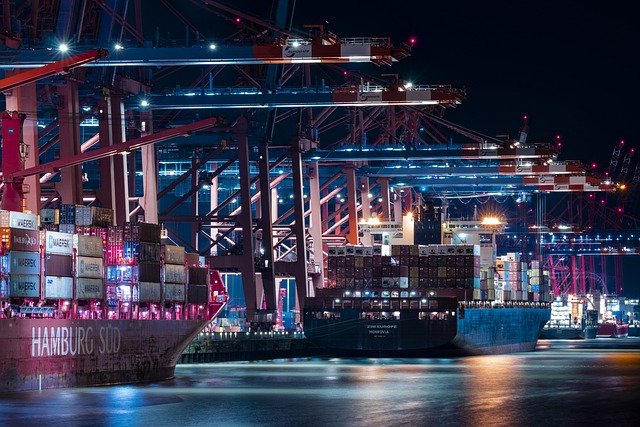- The language: a perfect adaptation to each market
Although English is the lingua franca of the business world, the fact remains that it only comes in third position among the most spoken languages in the world. Indeed, both Mandarin and Spanish are major languages spoken in many countries around the world. We also have French, Arabic and Portuguese. Wanting to export your company means presenting your site in several languages, opening headquarters in several countries. Communication is the first point you need to work on to sell.
It will be necessary to ensure that each of the players in the international market feels privileged, can visit your website and feel comfortable there as if it had been created exclusively for them, because it must be the case.
- Choose a better strategy
To Export, the company can opt for a “cascading” entry strategy (addressing one country after another, with progressive learning) or “watering can” (several countries approached at the same time). This second strategy makes it possible to accelerate international development but is riskier and more complex to manage. We can also choose a hybrid strategy, by successively approaching groups of countries with similar characteristics.
- Investigating Import Controls
Before exporting your product to a foreign market, you need to identify whether the country you’re exporting to has any import controls related to the sale of your product. These controls can include prohibitions, restrictions, or import licensing requirements, and they can be based on country of origin, product type, or product characteristics. Products that violate these controls are generally not allowed to enter the importing country
- Making Sense of INCOTERMS
As an exporter, you need to understand the costs, responsibilities, rights, and obligations that accompany the use of a specific INCOTERM. Every time you prepare a quotation for a customer, the quotation must include a term of sale. If you fail to clearly identify the specific INCOTERM to your customer, that can lead to an overestimation or underestimation of costs associated with the goods that you’ll be selling, which can ultimately lead to the loss of a sale.
- Hiring a Freight Forwarder
An international freight forwarder acts as an agent on your behalf and assists in moving the cargo from the point of origin to the ultimate overseas destination. Freight forwarders are familiar with the import rules and regulations of foreign countries, methods of shipment, and required documents relating to foreign trade. A freight forwarder can assist you in preparing price quotations by advising on freight costs, port charges, consular fees, costs of special documentation, insurance costs, and handling fees. They recommend the packing methods that will protect the merchandise during transit or can arrange to have the merchandise packed at the port or put in containers. If you use the services of a freight forwarder, you won’t have to deal with many of the details involved with the exporting of your goods. Fees charged by forwarders are modest, plus they have access to shipping discounts. The experience and constant attention to detail provided by the forwarder is a good investment and a key to success.


